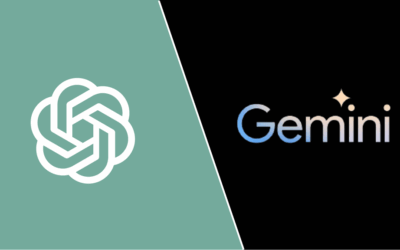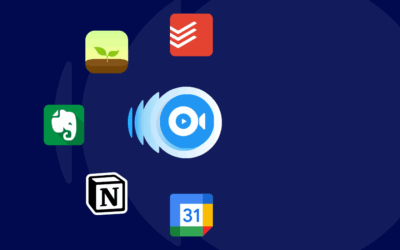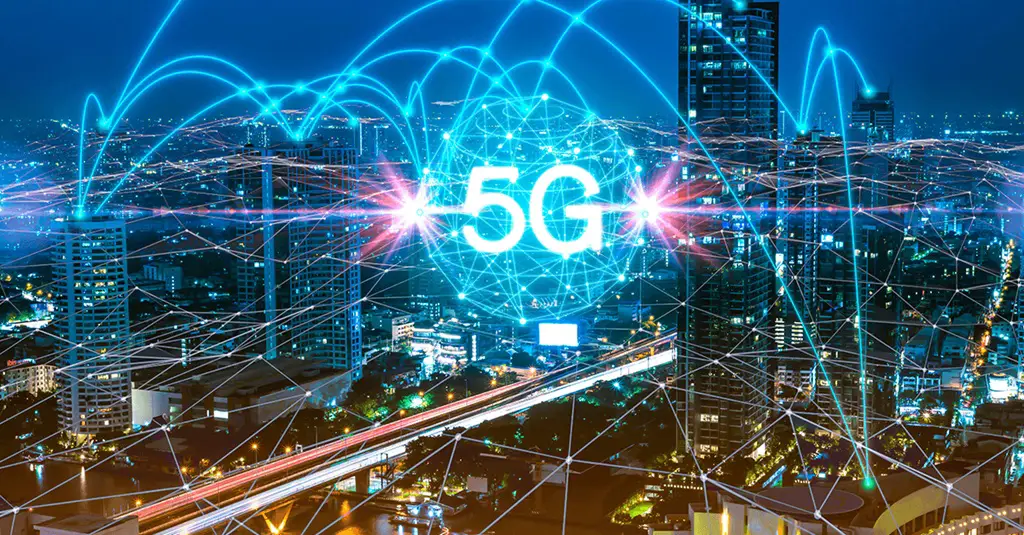Google I/O 2025 Highlights: AI, Android, and More

Google I/O 2025 brought several major announcements and updates, reinforcing the company’s focus on artificial intelligence, Android, cloud services, and device innovation. As expected, AI played a central role throughout the event, while Android 15 and new hardware developments also received strong attention. This year’s keynote was packed with feature reveals, product demos, and future-looking technologies that aim to shape how users interact with Google’s ecosystem in the coming years.
AI takes center stage with Gemini advancements
Google’s AI platform Gemini was the highlight of the event. With the launch of Gemini 2.5, Google has improved the AI’s reasoning, memory, and real-time learning capabilities. Gemini now supports multimodal inputs more effectively, allowing users to interact through voice, text, images, and even code simultaneously. One of the most exciting additions is Gemini Nano, a lightweight version of the AI that runs locally on Android devices, reducing latency and improving privacy.
In addition, Google announced the integration of Gemini into more of its core apps, including Gmail, Docs, and Sheets. Users can now summarize emails, auto-draft content, and even generate charts from plain text using voice commands or text prompts. Gemini’s improved contextual understanding makes these tools feel more natural and intelligent than ever before.
Android 15 gets smarter and more secure
The unveiling of Android 15 showcased new features focused on personalization, battery life, and security. The operating system introduces an enhanced Smart Lock system that adapts to location, device activity, and time of day. Android 15 also supports faster updates via Google Play, reducing the fragmentation problem that has long plagued Android devices.
Battery optimization has been a big focus, with Android 15 offering real-time power usage analytics. Users can now monitor how apps consume energy and set automatic background restrictions to extend battery life. The new “Focus Mode 2.0” builds on the original concept by allowing users to set highly customizable app limits, helping them stay productive and avoid distractions.
From a design standpoint, Android 15 introduces new material design elements with more dynamic colors and adaptive layouts. The overall interface feels smoother and more responsive, reflecting Google’s intent to streamline user experience across devices.
Google Search evolves with AI overviews
One of the most widely discussed announcements was the expansion of AI-powered overviews in Google Search. Instead of listing blue links, Google Search now uses Gemini to provide a brief yet detailed answer at the top of search results. These overviews pull information from multiple trusted sources and synthesize it into a single, cohesive summary.
This feature is currently rolling out in the U.S. and will expand globally by the end of the year. Google has emphasized that these summaries are constantly updated to reflect new information and that users can dive deeper by clicking the provided citations. This marks a big step toward making search more conversational and context-aware.
In addition, the company revealed updates to Google Lens, which can now scan documents, translate real-world text with higher accuracy, and even provide AI-powered context for images taken with a smartphone camera.
Wear OS and Pixel hardware updates
Wear OS also received attention during the event. Google announced improved health-tracking features powered by AI, including more accurate heart rate monitoring and sleep tracking. The new Wear OS 5 offers better app syncing with Android phones and introduces a refreshed interface for smartwatches. These changes are designed to make fitness tracking more seamless and actionable.
On the hardware side, Google gave a sneak peek at the upcoming Pixel 9 series. The devices will feature the new Tensor G4 chip, designed to work more efficiently with Gemini AI tools. Early demos showed features like real-time voice translation and offline AI summarization working instantly. The Pixel 9 is also expected to have a major camera upgrade with advanced computational photography enhancements.
Privacy and developer tools take priority
Google also doubled down on user privacy, announcing a new set of privacy controls in Android 15. These include a redesigned privacy dashboard, clearer data sharing permissions, and a built-in app tracking blocker. The company wants to ensure that users know how their data is being used, especially as AI becomes more deeply integrated into daily digital life.
For developers, Google released new tools and APIs aimed at improving app performance and integrating AI functionality. Gemini’s API is now open for developers to build smarter apps using Google’s core AI technologies. Firebase updates and new Android Studio features also made an appearance, offering developers improved testing environments and faster deployment options.
Conclusion
Google I/O 2025 proved that the company is all-in on AI, not just as a product feature but as a foundational shift in how technology will operate moving forward. With Gemini becoming smarter and more integrated, Android 15 offering deeper personalization, and privacy tools being enhanced, Google is clearly trying to strike a balance between innovation and user trust. The updates to Search, Wear OS, and developer tools show that the company is working on all fronts to create a more connected and intelligent digital experience.
Whether you’re a developer, an Android user, or someone curious about the future of AI, Google I/O 2025 delivered something worth paying attention to. It sets the tone for what tech users can expect not just this year, but for the foreseeable future.
















